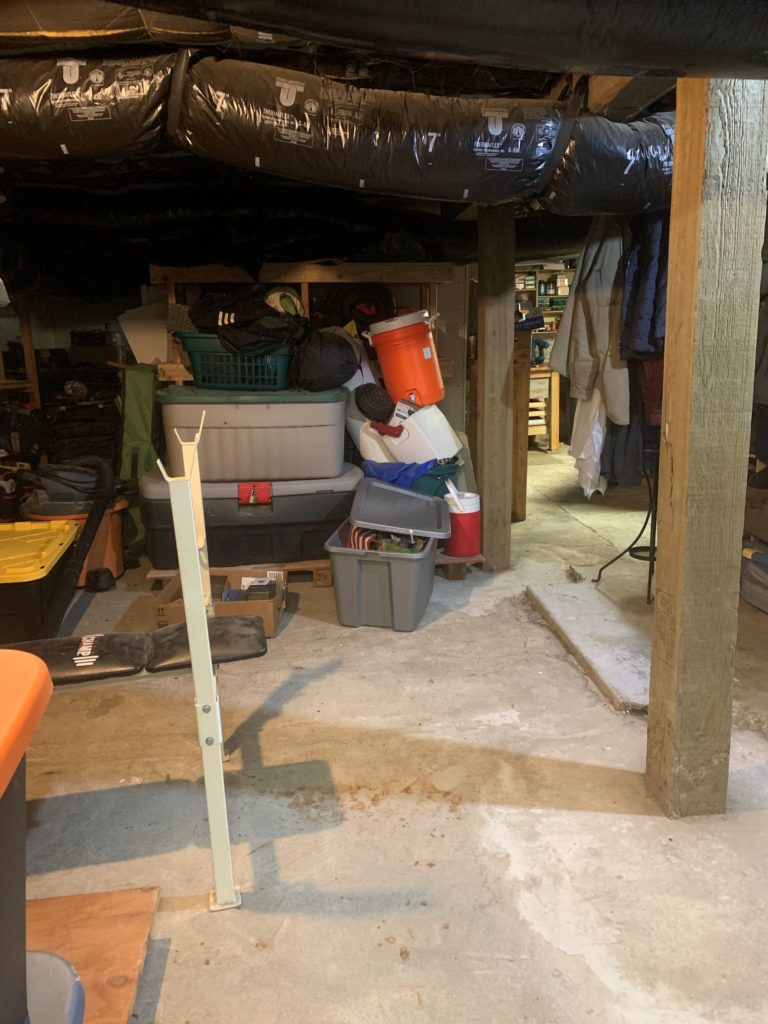I am certainly no expert in this topic and I hope that you will not find it boring but I have learned a thing or two about participating in the process. I hope that I can provide some perspective for you to think about. The other truth is that I had one perception and the reality is something different.
First of all, if your estate situation is complicated, I would definitely consult an attorney. Proper steps made make a big difference in the outcome. I had always assumed that being married had the simplest transfer and to some degree that is true. What isn’t exactly true is if assets are not jointly held or titled, then they are subject to probate.
Let me try to explain a little further. Let us say that your partner has a vehicle titled in his name only. If that partner dies, that asset gets thrown into the probate pot. If there is a will specifically designating the spouse as a beneficiary, then it is pretty clear that the spouse will get the asset post probate. If the will is not clear, then the asset is subject to the executor clearing the estate post probate.
What does all that mean? It means that first of all, there is a ‘cooling off’ period which is called probate. This is a legal procedure that recognizes the estate’s executor by name. The executor provides fiduciary responsibility until the probate period has closed. That means that the executor is entitled to sell assets to cover outstanding liabilities during the probate period. It also means additional creditors have time to make a claim against the estate.
In the end, the heirs named in the will and post the probate period will get the remainder of assets divided appropriately. If you made the assumption like I did that the spouse will assume all of the assets, that is not true. The spouse assumes 50% of the assets unless they are jointly titled in which case they do get 100% or they are specifically named in the will as getting all of the assets or the court deems it was the deceased intent to do (in the case of an inadequate will).
Debt that is in the name of the deceased is slightly different. It is true that all debt is still owed, but that is subject to the value of the estate. Meaning, any assets that are singly held must be liquidated to cover the debts until they are all paid or there is no money left in the estate.
There are some loopholes here, for instance retirement accounts or life insurance. Those things (hopefully) have a named beneficiary. That money would then move directly to the beneficiary without involvement of probate. However, if there is no beneficiary name, the money goes into probate for paying the debt of the the estate or split amongst the heirs.
Whoa, I thought this was going to be easier to explain. A vehicle is significant, but what about a house? This is the same thing. What is even more complicated is that if there is current debt against the asset, the asset is the security for the loan payment. This is one of the best cases for life insurance.
I think I have gotten through all of that, now is time for a relevant detour. I am staring out the door at my office. The basement is literally littered and clogged with junk. Most of it has an occasional use and a purpose. The question is ‘is it used, do you know you have it, can you find it?’ I have had this theory that it is so much easier to acquire things than it is to actually get rid of them. Not necessarily emotionally (sometimes that too) but physically. For instance, I ordered a dumpster to help with cleanup at my in-laws which cost me $650.
As a person with a preparedness mindset. I am always thinking about spares and backups and a way to re-use things, I also know that I have acquired my fair share of ‘other peoples problems’. When you think about getting a house ready for the market where some of the stuff is going to go into storage there are lots of things that won’t. I have hazardous waste for garden chemicals, paint that is two colors removed and hardware of one million varieties. Me being a handy guy and a tool guy, I have most of what I need. But, I don’t want to just throw stuff of value away. But in the vein of estate planning I think it would behoove us to think about the lifecycle of all the things we acquire so that it doesn’t become another problem.
My plan after finishing my office was to initiate the basement and garage clean-up. I never anticipated this life altering event to occur. As a result, I have been trying to combine my clean-up with helping out my mother-in-law. That makes it go quite a bit slower (for me).
End Your Programming Routine: I used to think ‘who cares what happens when I die’. I think this event has made me more thoughtful to the consequences to this line of thinking. I am not rushing out to make a will just yet, but it definitely needs to be on the short list this year. Additionally, I am thinking long and hard about what I may think is acceptable to keep laying around as I reorganize everything.


Recent Comments